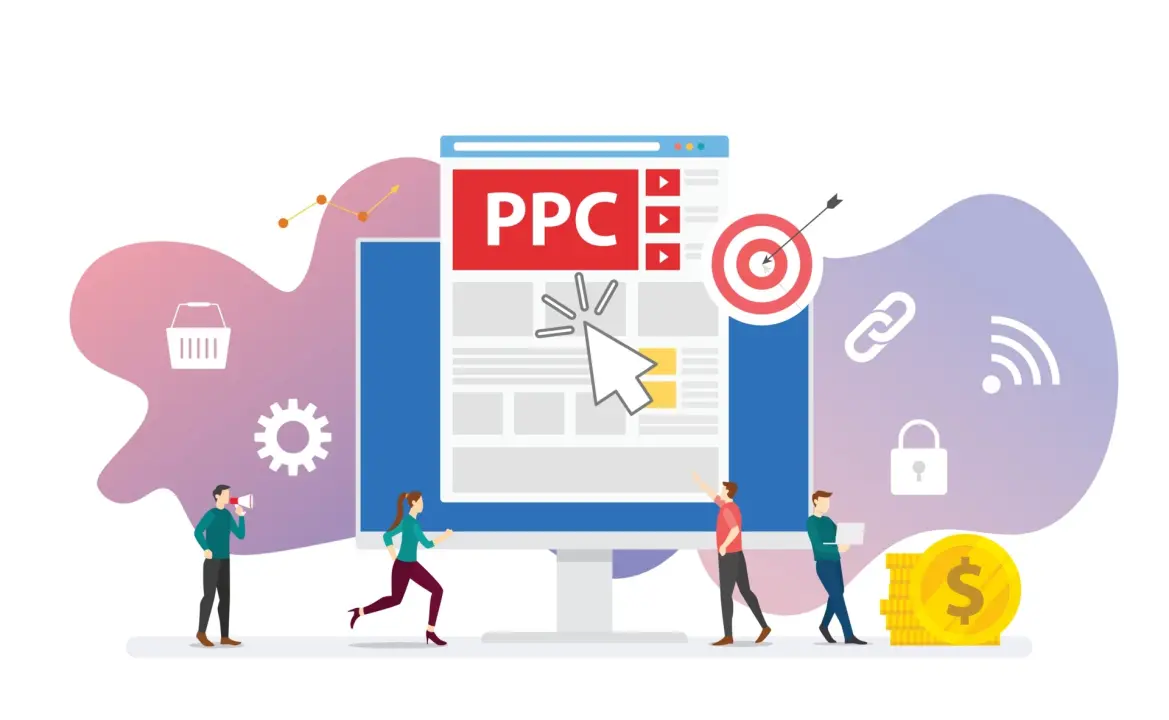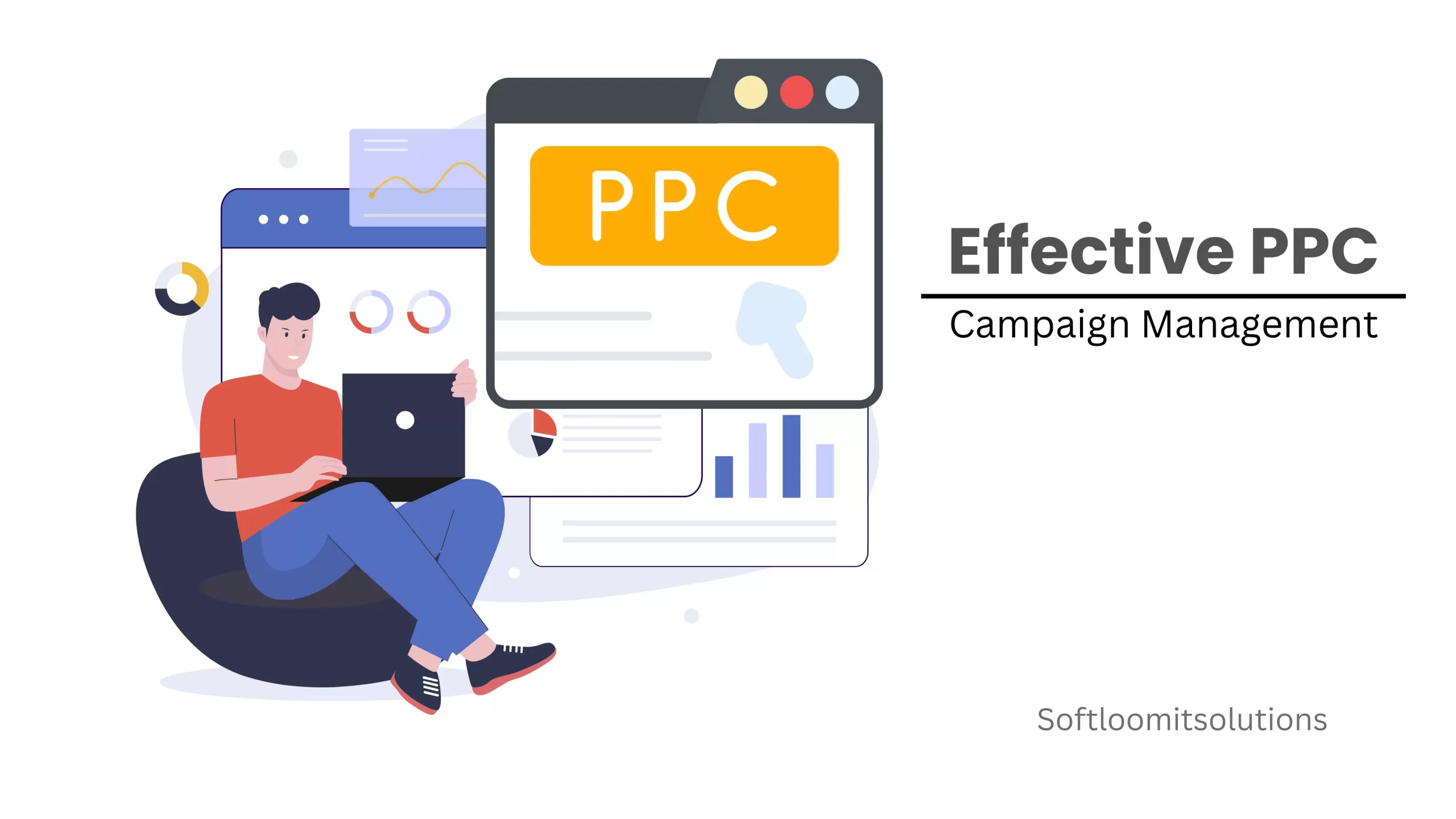Pay-Per-Click (PPC) advertising is an essential component of digital marketing, allowing businesses to drive targeted traffic and achieve specific goals. However, managing a PPC budget effectively can be daunting, especially with fluctuating costs and competitive keywords. To ensure that your PPC campaigns are both cost-effective and high-performing, follow this comprehensive guide on managing your PPC budget effectively.
Set Clear Goals
Before diving into budget management, it’s crucial to define what you want to achieve with your PPC campaigns. Clear goals provide direction and help allocate your budget efficiently. Consider the following types of goals:
By setting specific, measurable goals, you can determine how much budget to allocate and measure your campaign’s success.
Conduct Thorough Keyword Research
PPC campaigns are successful if they are based on effective keyword research. Utilize tools like Google Keyword Planner, SEMrush, or Ahrefs to identify relevant keywords that will drive traffic and conversions.
Thorough keyword research helps you avoid unnecessary expenditure on irrelevant or low-performing keywords.
Allocate Budget Based on Performance

To maximize your PPC budget, allocate funds to areas that deliver the best results. Analyze historical data to identify high-performing campaigns and keywords.
Efficient budget allocation ensures that you’re investing in areas that drive results while minimizing spend on low-performing areas.
Utilize Bid Strategies Wisely
PPC platforms like Google Ads offer various bid strategies that can help manage your budget effectively. Based on your goals and budget constraints, choose a strategy:
Selecting the right bid strategy helps optimize your budget and achieve your campaign objectives.
Optimize Ad Copy and Landing Pages
Effective ad copy and landing pages are crucial for maximizing your PPC budget. They influence your Quality Score, which affects your ad placement and cost per click (CPC).
Regularly review and test your ad copy and landing pages to maintain high performance and relevance.
Monitor and Adjust Regularly
PPC management requires ongoing monitoring and adjustments to ensure your budget is used effectively.
Regular monitoring and adjustments help you stay on top of performance trends and ensure that your budget is spent efficiently.
Implement Negative Keywords
Negative keywords prevent your ads from appearing for irrelevant searches, helping you avoid wasted spend.
Effective use of negative keywords helps ensure that your budget is spent on relevant clicks.
Utilize Ad Extensions
Ad extensions enhance your ads with additional information, improving their visibility and click-through rate (CTR).
Using ad extensions improves your ad’s performance and helps you make the most of your PPC budget.
Consider Geographic and Demographic Targeting

Refining your audience targeting can make your PPC budget more effective.
Targeting helps you reach users who are more likely to convert, optimizing your budget and increasing ROI.
Review and Adjust Your Budget
Finally, regularly review your overall PPC budget and make adjustments based on performance and business needs.
Regular budget reviews help you stay agile and responsive to changes in your PPC campaigns.
Conclusion
Managing your PPC budget effectively involves a strategic approach, including PPC campaign budgeting. This starts with setting clear goals and conducting thorough keyword research, and extends to optimizing ad performance and monitoring results. By implementing these best practices, you can maximize the efficiency of your PPC spend, achieve your marketing objectives, and drive meaningful results for your business. Remember, successful PPC management is a dynamic process that requires ongoing attention and adjustment. Stay proactive and adaptive in your PPC campaign budgeting to ensure the best return on your investment.






